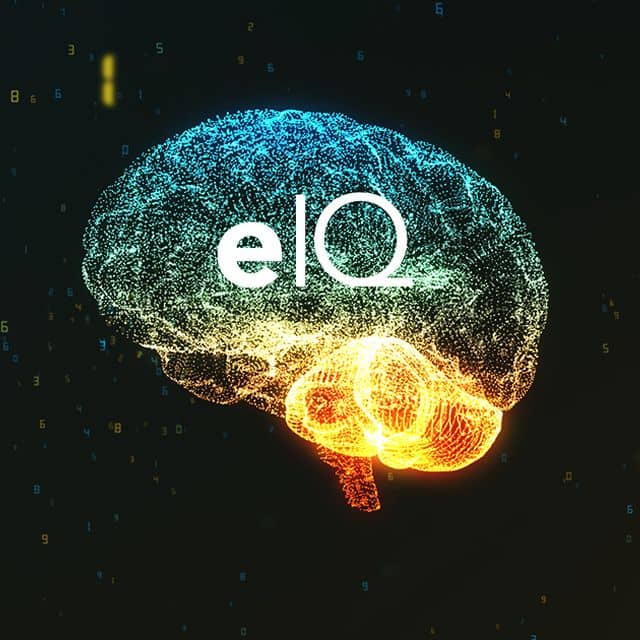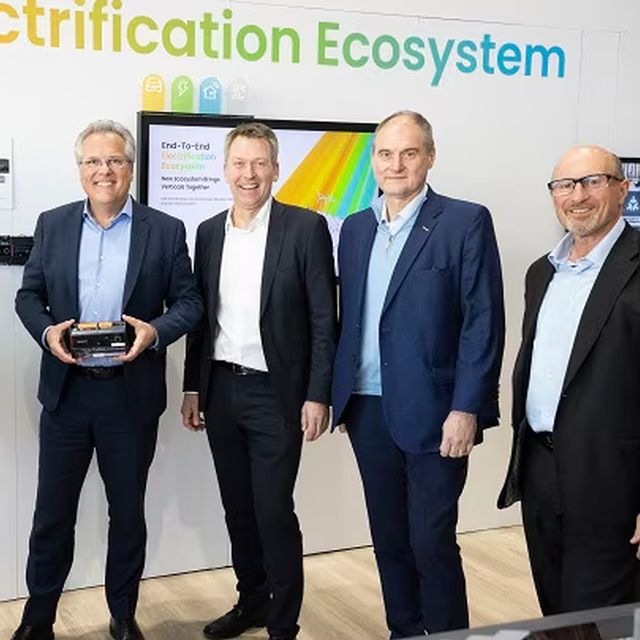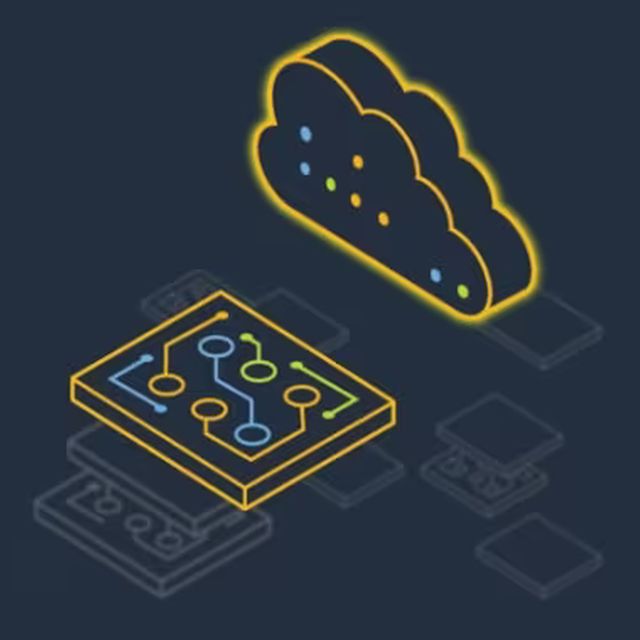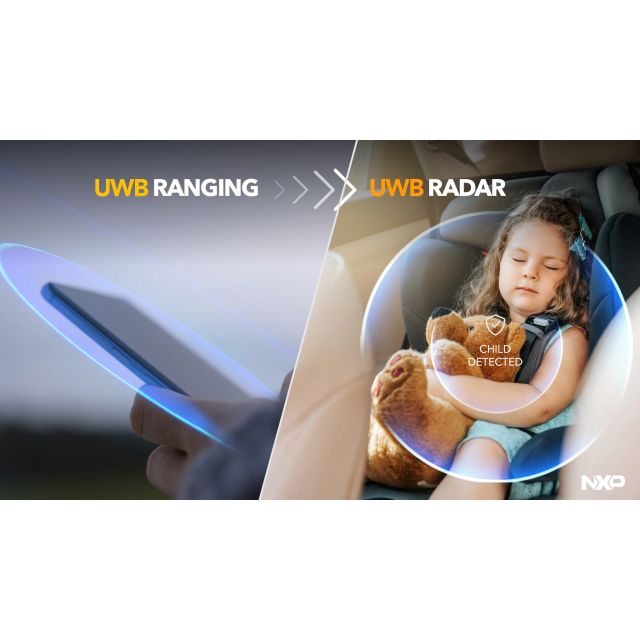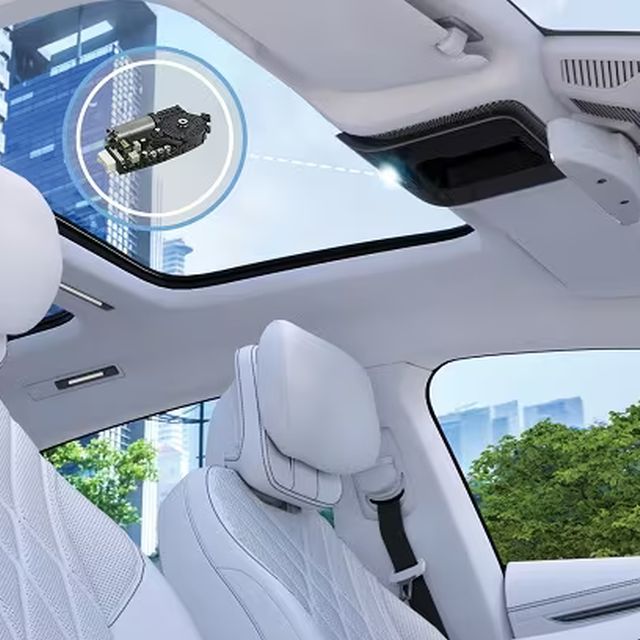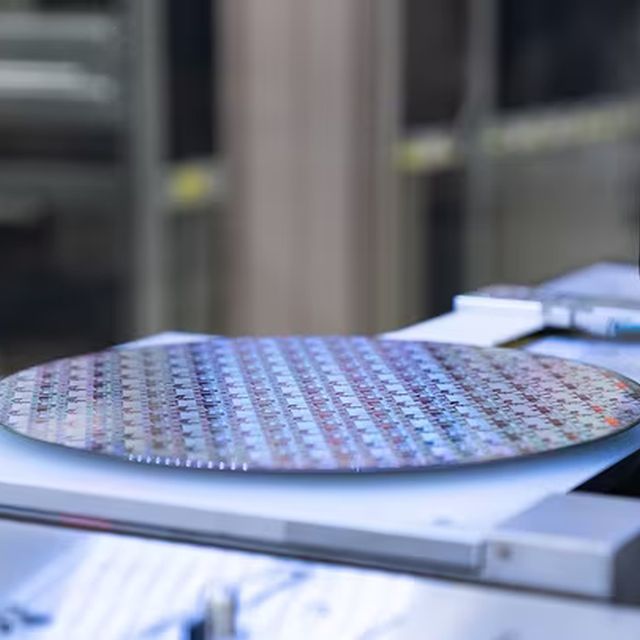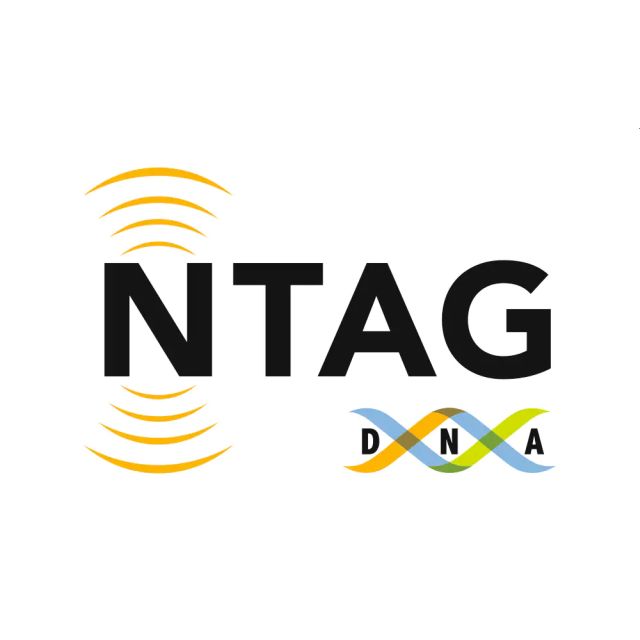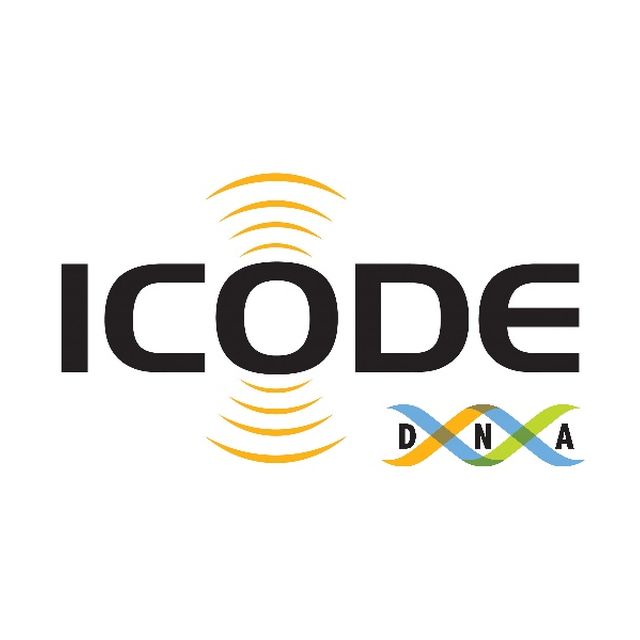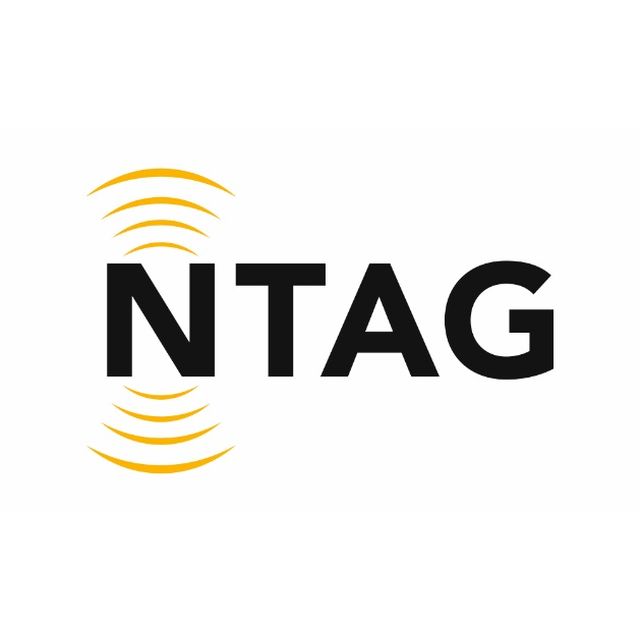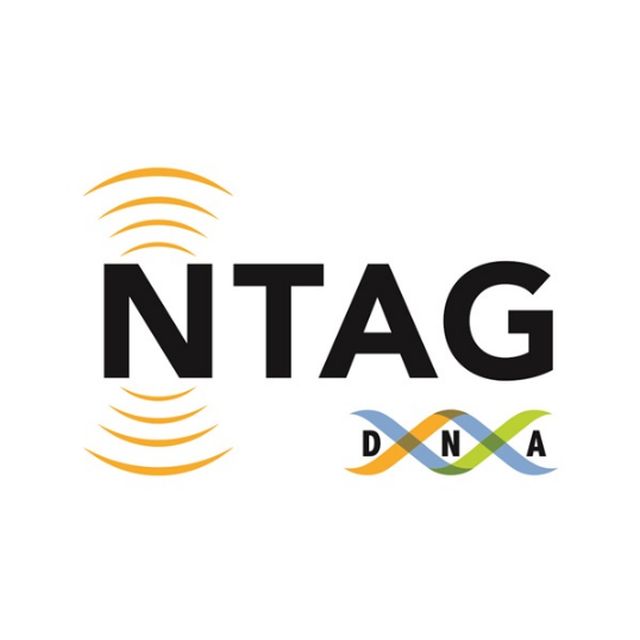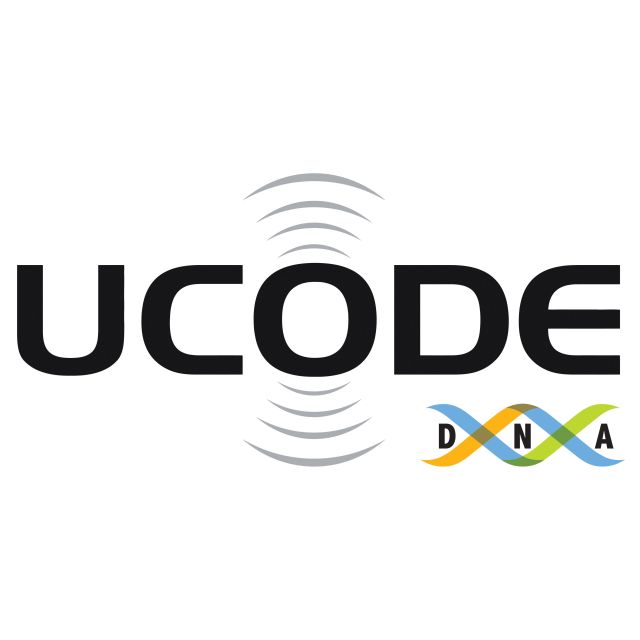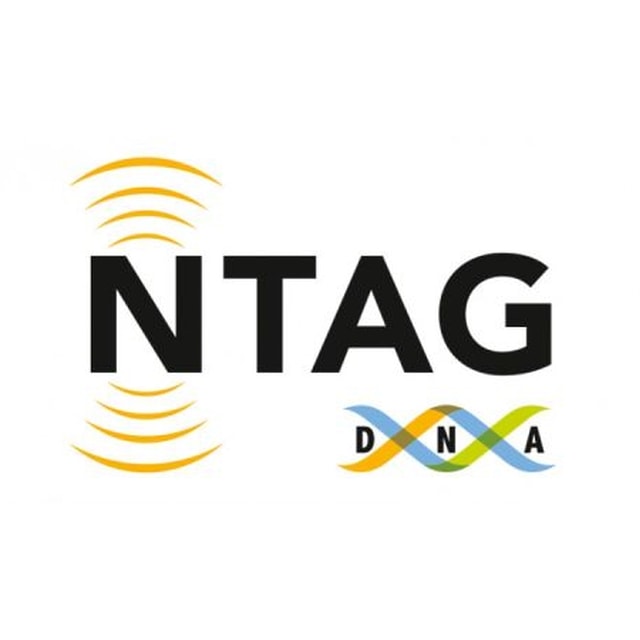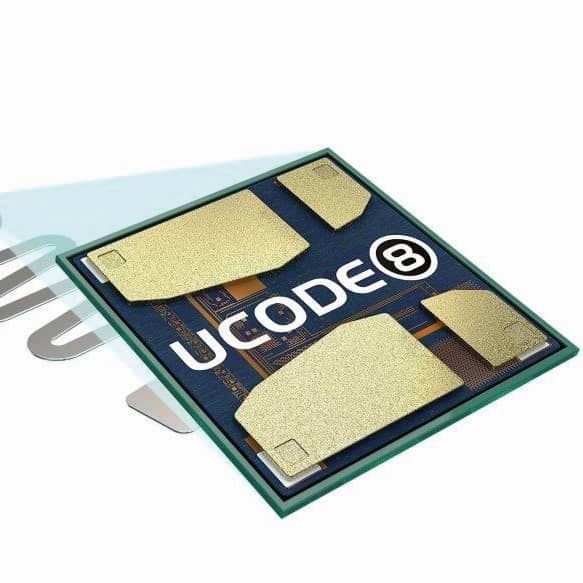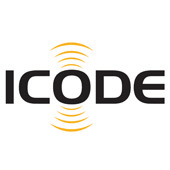Is That Plane Safe to Fly?
A growing number of industries are discovering the value of blockchain ledgers as a way to improve the supply chain as blockchain technology offers a compelling combination of protection and openness. The use of cryptography protects data from manipulation and helps ensure data can be traced back to its source. At the same time, because the blockchain ledger itself is not stored in a single location or controlled by a single entity, data remains accessible to all the relevant ecosystem players.
Within the supply chain, blockchain ledgers are widely used to keep track of mechanical components. In the aviation industry, where a single aircraft is made of thousands of subcomponents, from many different suppliers often operating on different continents, blockchain ledgers can be used to track every item, down to the last bolt. The origin, ownership and movement of each subcomponent can be recorded over its entire life cycle, and this information can be viewed at any time.
Written by Mahdi Mekic, Marketing Director at NXP Semiconductors.
A given plane can be in service for many years, changing ownership and operators several times, and the history of each subcomponent can still be accessed and viewed, especially since airplane parts move from one airplane to another throughout their lifetime. Thus, blockchain technology offers an exceptional level of detail and security that makes it easier to verify compliance with airworthiness directive, and it can make inspections faster and more efficient. Perhaps even more important, the risk of accidents, due to mechanical failure, might go down.
A Strong Solution Made Even Stronger: Adding RAIN RFID to the Blockchain
Like any other database, the blockchain is only as trustworthy as the data that is entered into it. Most blockchain implementations have safeguards in place, to ensure that the people entering data are thoroughly checked before they gain access. But the sources of blockchain data are often based on data carriers, such as QR-Codes or barcodes, which can be easy to fake or duplicate. What’s more, data capture is often based on a manual process or a process with low levels of automation, and this is both inefficient and prone to errors.
There is a way to strengthen blockchain implementations by helping to ensure that only quality data from authorized sources is captured and entered. By attaching a highly-secure RAIN RFID tag to each mechanical component (so called item-level tagging), each item gets its own authentic digital identity. RAIN RFID tags are generally small and inexpensive, and can be read over long distances of up to 15 meters.
With each read of the RFID tag, as the subcomponent moves through the supply chain or undergoes an inspection or repair, the blockchain gets an update – and a history of the item is being created and stored in the blockchain. Item-level data can be configured to flow into the blockchain ledger automatically, with many transactions per second, and many units contributing information at once, making manual entry both outmoded and unnecessary.
High-level security mechanisms, embedded in tags such as those based on our DNA family of RAIN RFID ICs, protect data with cryptographic authentication, to ensure that only trusted information is stored in the blockchain. The tags themselves are powered by the field and require only minimal network bandwidth for transactions, yet provide ample memory to store relevant data and are easy to configure for cloud and blockchain connectivity.
In aviation, RAIN RFID tags with crypto authentication offer a secure, digital and wireless way to ensure that airplane subcomponents are identified and processed accurately. These RFID tags provide a root of trust for blockchain data, so everyone involved – from manufacturers to inspectors and operators – can be confident that the information they are getting is both trustworthy and protected.
Tailored for avionics
At NXP, we are working closely with suppliers to support blockchain solutions that helps ensure the quality of supply chain data. To support the aviation industry, we have collaborated with RIDDLE&CODE, a European blockchain interface company. They specialize in machine identity, product provenance and supply chain management. To learn more about their work in avionics, we recommend reading their blog about contactless asset management in the avionics industry with blockchain.






